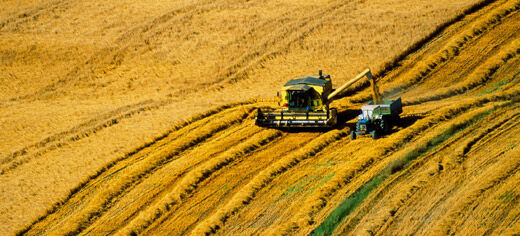
Climate forecasts shown to warn of crop failures
Climate models can help predict some crop failures several months before harvest, according to a new study.

Climate models can help predict some crop failures several months before harvest, according to a new study.
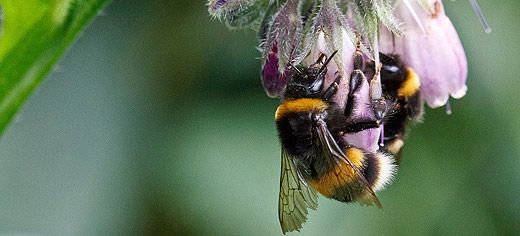
Stricter controls over bumblebee imports to the UK are urgently required to prevent diseases spreading to native bumblebees and honeybees, scientists have warned.
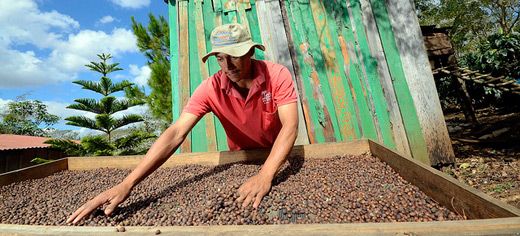
A new study calls for governments and farmers to adapt to climate shifts, despite uncertainties about what growing conditions will look like decades from now.

Researchers from the University of Leeds are involved in a unique, five-year £10 million collaboration to improve virtual engineering.

Colonies of gannets maintain vast exclusive fishing ranges despite doing nothing to defend their territory from rival colonies, scientists have discovered.
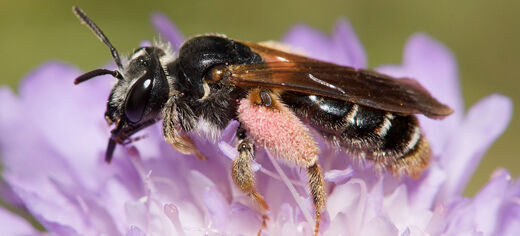
Declines in the biodiversity of pollinating insects and wild plants have slowed in recent years, according to a new study.

Observations of the climate's response to rising greenhouse gas levels are consistent with conventional estimates of long-term 'climate sensitivity', despite a "warming pause" over the past decade.
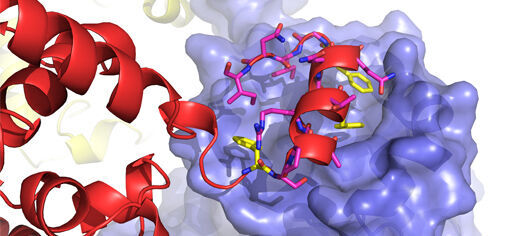
A key building block in the Schmallenberg virus could be targeted by anti-viral drugs, according to a new study led from the University of Leeds.
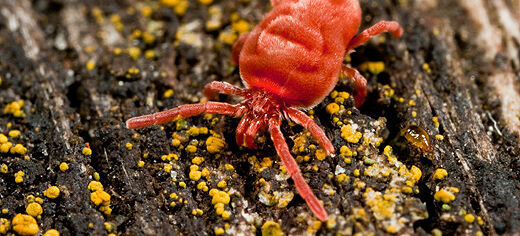
Environmental change can drive hard-wired evolutionary changes in animal species in a matter of generations.
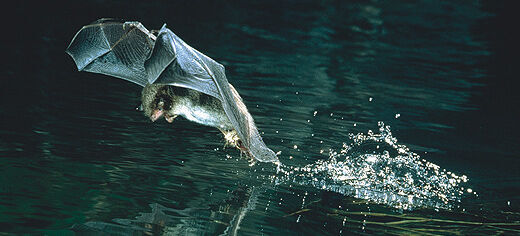
For the tiny Daubenton's bat, the attractions of family life seem to vary more with altitude than with the allure of the opposite sex.